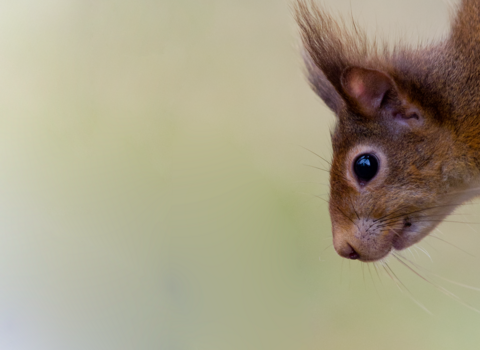A new report released today reveals that waterbodies across England, Wales and Northern Ireland are being devastated by poor water quality caused by agricultural waste, raw sewage, and pollution from abandoned mines. That’s despite 88% of people in England, Wales and Northern Ireland agreeing freshwater habitats are a “national treasure”.
In England, only 14% of rivers meet standards for good ecological status, with less than half achieving these standards in Wales. In Northern Ireland, only 31% of water bodies are classified as good or high quality. The poor health of many of our waterways has a significant impact on nature, with many species in decline and some facing extinction.
The Troubled Waters report was commissioned by a partnership of environmental charities including The Wildlife Trusts, the RSPB, and the National Trust. It details seven case studies including Upper Lough Erne in Northern Ireland, the Norfolk Broads in England, and Cardigan Bay in Wales, which have been designated as sites of special importance for nature. Yet these special places are not receiving the protection they should be and wildlife is suffering as a result.
Some of our most iconic and threatened species such as otters, the swallow tail butterfly and salmon depend upon these sites. But widespread failure to control pollution has ruined the water quality of these sites and wreaked havoc on the wildlife that call them home.
The authors also commissioned online polling from YouGov as part of the report. Most people surveyed (88%) agreed the UK’s lakes, rivers and streams are a “national treasure” and nearly nine in ten (87%) of the those in England, Wales and Northern Ireland agreed that it’s important that we do more to help the UK’s freshwater ecosystems, as they are an important part of our heritage, culture and identity of place.






